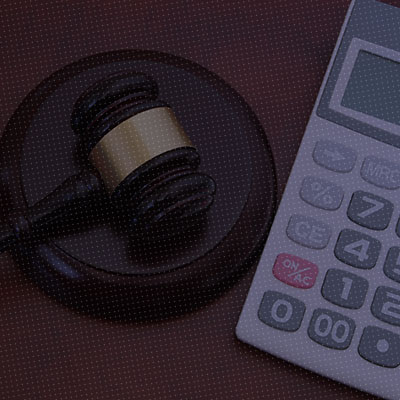The good and simple regime of GST is witnessing a great spur in cases involving fake invoicing to pass on fake Input Tax Credit (‘ITC’). To block utilization of such fake ITC, Rule 86A of the Central Goods and Services Tax Rules, 2017 was introduced in 2019 empowering the specified officers to block ITC ledger so that such amount is not available for utilization against output tax liability or for claiming refund.
Fake Input Tax Credit itself invites proceedings under Section 73/74 of the Central Goods and Services Tax Act, 2017 for the purposes of adjudication of liabilities arising therefrom. However, blocking of ledger under Rule 86A can take place even before conclusion of adjudication under Section 73/74. The effect of both, however, is the same, as action under Rule 86A disables utilization of ITC and adjudication under Section 73/74 creates liability to pay such ITC. While adjudication under Section 73/74 is subject to various checks and controls as envisaged under the Act itself, very little is provided for exercise of power under Rule 86A.
The greater the power, the more dangerous the abuse; and it is no different in the case of Rule 86A. Anyone tracking the judicial developments on scope of Rule 86A can vouch for the great abuse to which powers under Rule 86A have been subjected to. Blocking of ITC ledger is being done without hearing the assesse, merely based on directions of some other departmental officers and without recording any independent reasons to believe. The ITC ledger is being blocked even in cases where either the balance in the ledger is nil or is not sufficient to cover the ITC under the dispute.
In K-9 Enterprises v. State of Karnataka [2024 TIOL 1739 HC KAR GST], the Karnataka High Court analysed the scheme of Rule 86A in detail and held that though the Rule does not envisage any hearing to the affected party, a pre-decisional hearing is mandatory before invoking Rule 86A, considering the drastic and draconian consequences of blocking of ITC ledger. It has further been held that since only specified officers have been empowered for exercising powers under Rule 86A, existence of situations specified thereunder must be independently analysed by such specific officers only, who must record his own reasons to believe for invocation of Rule 86A. That such specified officers cannot proceed to invoke Rule 86A based on borrowed satisfaction.
The situation of borrowed satisfaction also came up before the Rajasthan High Court in Sumetco Alloys Pvt. Ltd. v. Union of India [2024 VIL 1105 RAJ], wherein interim relief was granted by ordering to keep the action of blocking of ITC ledger in abeyance.
In Best Crop Science Pvt. Ltd. v. Principal Commissioner [2024 TIOL 1625 HC DEL GST], the Delhi High Court has held that Rule 86A is merely a temporary measure to protect the interest of revenue, and not a provision to recover tax or other dues. It was further held that negative blocking of ITC ledger is not permissible under Rule 86A. The issue of negative blocking of ITC ledger has been addressed by many other High Courts also.
The law on scope and purport of Rule 86A, thus, has been evolving, and thankfully to check the abuse of powers thereunder. Blocking of ITC ledger creates a stumbling block on working capital of businesses, which is their regular diet required to keep them alive and running. Tax administrators must respect and follow the evolving judicial opinions on the subject and use their powers fairly, preserving both - the interests of the revenue and the rights of taxpayers.
[The authors are Associate and Partner, respectively, in Indirect Tax practice at Lakshmikumaran & Sridharan Attorneys, Jaipur]





